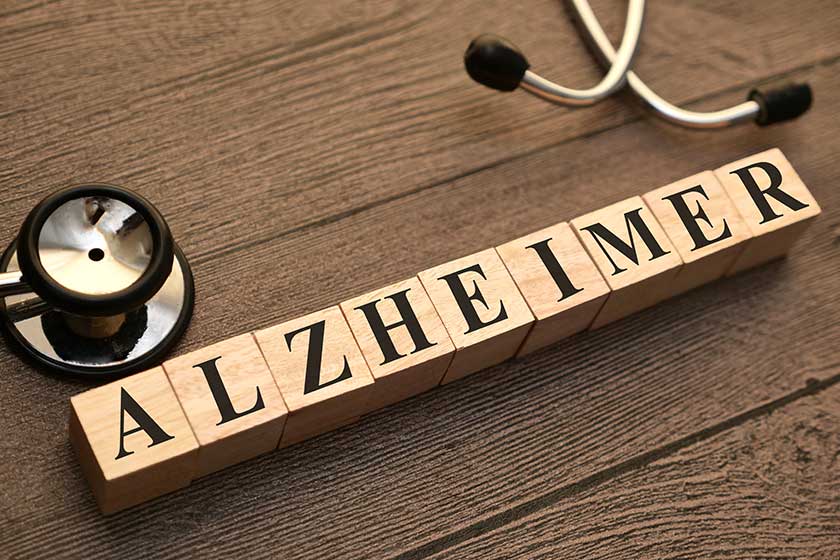How Alzheimer's Disease Affects Men And Women Differently

Alzheimer's disease, a prevalent form of dementia, does not affect everyone equally. Emerging research suggests there are notable differences in how the disease affects men and women, from the rate of progression to symptom manifestation and response to treatment. Understanding these distinctions is crucial for developing personalized approaches to care and support. This article will explore the variances between how men and women experience Alzheimer's, shedding light on the importance of tailored medical and care strategies to better address the unique aspects of the disease in each gender.
Prevalence and Risk Factors
Statistically, women are more likely to develop Alzheimer's disease than men. Research indicates that part of this increased risk may be attributed to the longer life expectancy of women, but other factors, including genetic, hormonal, and biological differences, also play significant roles.
For example, the decline in estrogen levels post-menopause has been hypothesized to increase the risk of developing Alzheimer's among women. In contrast, men have their own set of risk factors, including lifestyle factors and cardiovascular conditions, which can differently influence the onset and progression of the disease.
Symptoms and Progression
The symptoms of Alzheimer's can appear differently in men and women. Women often experience a more rapid progression of cognitive decline than men, facing severe symptoms at earlier stages. This includes greater memory loss and language problems, which can significantly impact daily functioning. Men, on the other hand, may exhibit more problems with visuospatial abilities and may have a slightly different behavioral response, often becoming more withdrawn or aggressive as the disease progresses. Understanding these differences is crucial for clinicians and caregivers to recognize and diagnose the disease accurately and early.
Response to Treatment
There are also gender differences in how patients respond to Alzheimer's treatments. Some studies suggest that certain medications might work more effectively in women, possibly due to differences in body chemistry and brain structure. However, the effectiveness can also be influenced by the stage at which the diagnosis is made and treatment is started.
Men and women may also experience different side effects of medications, which can affect compliance and overall treatment success. This highlights the need for gender-specific research and clinical trials to optimize therapeutic approaches for each sex.
Caregiving and Support Needs
The caregiving needs of men and women with Alzheimer's can differ significantly due to their different experiences with the disease. Women may require more intensive care earlier due to faster cognitive decline, which can place a unique burden on caregivers and family members.
Men might need more support in managing behavioral changes and physical aspects of the disease as it progresses. Tailored support groups and caregiving strategies can help address these gender-specific needs, providing better support systems for both patients and their families.
Alzheimer's disease manifests and progresses differently in men and women, necessitating a gender-sensitive approach in both clinical and caregiving contexts. Recognizing and understanding these differences is essential for providing the most effective care and improving the quality of life for all affected by this challenging disease.
Our community is dedicated to offering specialized care tailored to the unique needs of both men and women with Alzheimer's. We understand that women often experience more rapid cognitive decline and may need intensive care earlier, while men might face more behavioral changes and physical challenges. Our personalized support includes structured routines, therapeutic activities, and professional medical care designed to address these specific challenges.
Our goal is to create a nurturing environment where you or your loved ones can thrive despite the challenges of Alzheimer's. To learn more about how we can help you and your family, contact us today.
